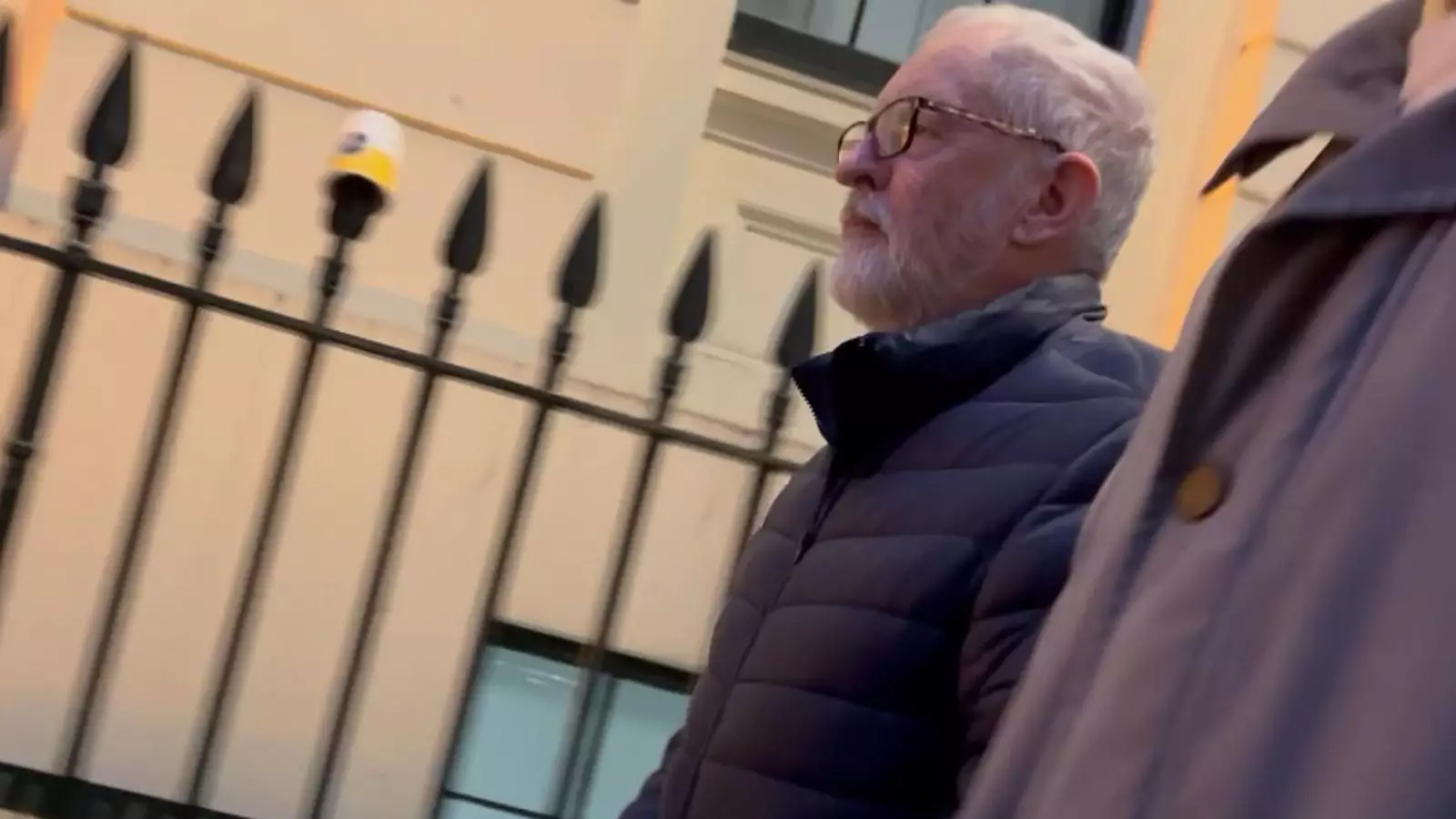The recent pro-Palestinian rally in central London has become a focal point of political discourse, showcasing the deep divisions surrounding the ongoing Israeli-Palestinian conflict. With tensions reignited after a fragile ceasefire and hostage release arrangement between Israel and Hamas, the rally—organized by the Palestine Solidarity Campaign (PSC)—aimed to draw attention to the humanitarian crises in Gaza while advocating for Palestine’s rights. Yet, the event took a turn for the controversial, marked by police intervention and subsequent legal action against participants.
At the heart of this controversy are prominent left-wing figures, Jeremy Corbyn and John McDonnell, who have always been seen as staunch advocates for Palestinian rights. Both men attended the protest and have since agreed to be interviewed by police under caution. Their involvement raises questions about political accountability, protest rights, and the responsibilities that come with public advocacy. The police have suggested that Corbyn and McDonnell could have played a role in encouraging a breach of the conditions that were supposedly in place for the rally, leading to a tense standoff with law enforcement.
Noteworthy is the fact that Corbyn, now an independent MP for Islington North after his tumultuous leadership of the Labour Party, has a complicated history with the accusations of antisemitism that have plagued his political career. These past controversies add layers to his current situation, as he navigates the fine line between political activism and legal scrutiny. Similarly, McDonnell’s recent period as an independent following his own fallout demonstrates the shifting nature of party politics, especially for those who challenge the status quo.
The Metropolitan Police’s actions during the rally have drawn sharp criticism from the PSC, which contends that the police narrative surrounding the event is misleading. The police claim a deliberate effort to breach event conditions, while the PSC argues that their intent was to protest peacefully after being denied permission to march. This clash highlights broader societal debates about the right to protest in a democratic society and challenges the effectiveness of policing methods used in public demonstrations.
The PSC asserts that their delegation was cordially permitted to pass through police lines, thereby directly contradicting claims that protesters forced their way into restricted areas. Corbyn and McDonnell reinforced this stance, emphasizing the peaceful nature of their intentions—laying flowers in memory of Palestinian children—while framing police actions as aggressive and unfeeling. Such assertions naturally lead to a discussion about the police’s broader role in maintaining order versus enabling free speech.
Currently, several individuals stand charged with public order offenses in the wake of the protest, including Corbyn’s brother, Piers. The fallout from this event could have heavy legal consequences for those involved. The potential court appearances may serve not only as a legal battleground but also as a political arena where the rights of citizens to protest can be vigorously contested. The public’s reaction to these developments could reshape the narrative surrounding freedom of expression and the fine balance that law enforcement must maintain during politically charged events.
In a time where social movements are increasingly met with skepticism, the repercussions for Corbyn and McDonnell could signal a chilling effect on future protests, particularly those related to controversial causes such as Palestine. If individuals feel that they risk legal actions for merely advocating for a cause, it could deter participation in movements altogether.
As the conflict over the narrative surrounding this rally continues, attention will remain on Jeremy Corbyn and John McDonnell, not only for their roles in the protest but for how their actions resonate with the public. The interplay of activist advocacy, police oversight, and legal accountability stresses the urgency for dialogue in a divided political landscape. Ultimately, this scenario brings to light the persistent question: how can societies uphold the right to protest while ensuring public order? The answers to these questions will surely unfold in the coming weeks as both public opinion and legal frameworks interact with these high-profile cases.


Leave a Reply